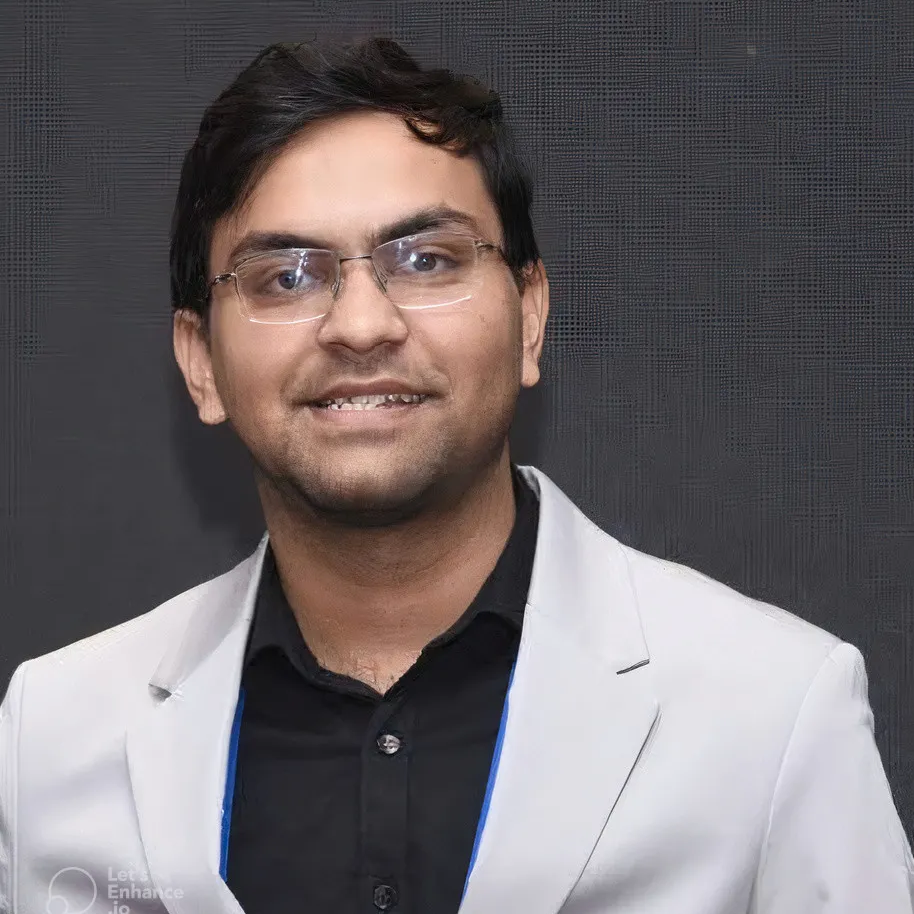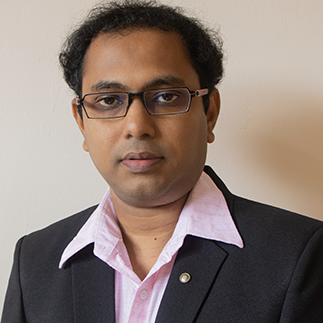Decentralized Cloud Federation
In this work, we propose CollabCloud, a decentralized, trustless cloud federation architecture that eliminates the need for a central broker. CollabCloud employs blockchain technology and a novel interoperability protocol, connecting a permissionless blockchain (for end-users) and a permissioned blockchain (for CSPs). We implemented CollabCloud using Ethereum, Hyperledger Fabric, and Burrow platforms. Experimental results show that CollabCloud performs well with acceptable latency, scaling up to 64 parallel requests per second. Scalability analysis also demonstrates minimal latency impact as the number of CSPs increases.
Key Contributions
- Decentralized Cloud Federation: We design CollabCloud, a brokerless decentralized cloud federation using public and private blockchain technologies, enabling trustless multi-cloud federation.
- Public-Private Blockchain Interoperability: Extended prior work on public-private blockchain interoperability for seamless asset and data transfer between permissionless and permissioned blockchains.
- Smart Contracts for Decentralized Scheduling: Designed and implemented smart contracts to coordinate VM request scheduling and federation management across CSPs in private blockchain.
- VM Credential Transfer: Secured VM credential transfer using SSH protocol and collective signing (CoSi) technology, ensuring safe interactions between end-users and CSPs.
- Implementation: Tested a proof-of-concept with Ethereum, Hyperledger Fabric, and Burrow, demonstrating scalability with a Mininet-based emulation of 32 geo-distributed CSPs.
Contributors
Publications
- Bishakh Chandra Ghosh, and Sandip Chakraborty. "Trustless Collaborative Cloud Federation." IEEE Transactions on Cloud Computing (2024).
- Bishakh Chandra Ghosh, Sourav Kanti Addya, Anurag Satpathy, Soumya K. Ghosh, and Sandip Chakraborty. "Towards a democratic federation for infrastructure service provisioning." In 2019 IEEE International Conference on Services Computing (SCC), pp. 162-166. IEEE, 2019.



